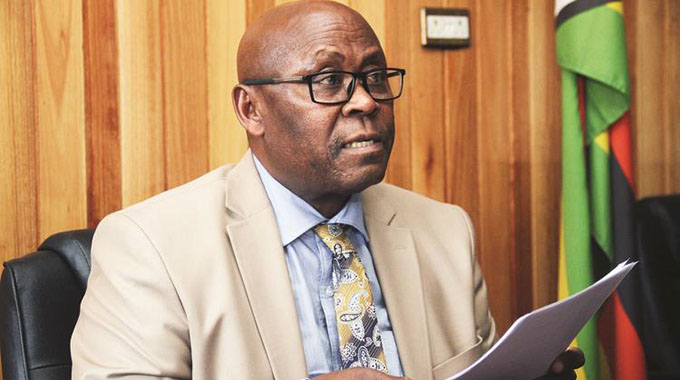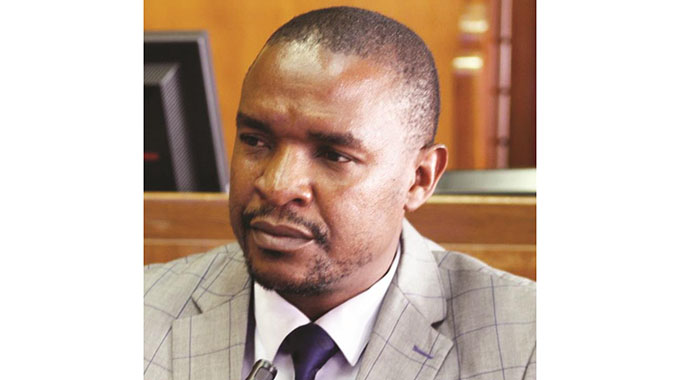‘Failure in one or two Grade 7 subjects should be redefined’

Bulawayo Bureau
Zimbabwe must redefine the “zero pass rate” as the term does not reflect candidates’ capabilities when they might have failed just one or two subjects, Primary and Secondary Education Minister Cain Mathema has said.
He made the remarks while responding to questions over how Government was addressing the issue of successive zero pass rates in some schools in the country.
While Bulawayo has the highest pass rate in the country, the adjoining provinces of Matabeleland North and Matabeleland South have over the years had over 15 schools each producing zero pass rates each year..
The development has sparked debate in various circles as educationists, parents and civic society organisations seek to understand what could be causing the poor pass rates so that the matter is addressed.
Zimsec Grade Seven pass rate for 2020 dropped from 46,9 percent in 2019 to 37,1 percent last year owing to a number of challenges such as the outbreak of Covid-19 and teachers strike.
Only candidates in Bulawayo and Harare surpassed the 50 percent pass rate while those from provinces with rural districts had a pass rate ranging from 15 percent to 38 percent.
Bulawayo produced the best Grade 7 results after obtaining a 66,8 percent pass rate with its neighbouring Matabeleland North producing the worst results at 15,9 percent.
Minister Mathema said most pupils struggled with mathematics and agriculture but that did not mean they deserve to be classified as failures.
“We need to redefine this issue of zero pass rate. I have got the results analysis for Grade 7 examinations and what I observed is that most candidates passed most subjects and those who failed, mainly failed mathematics and agriculture. But what we want is that all the pupils need to pass what they are learning. We need to redefine what a zero pass rate is,” said Minister Mathema.
He said to improve the country’s pass rate there was no need for blame apportioning as all hands should be on the deck in coming up with ways of improving the pass rate.
“Teachers are there, school heads, deputies are there, inspectors are there and I’m also there as their Minister.
“But the issue of educating our children does not belong to the Minister alone.
“There are MPs, Senators, Chiefs, Council, councilors-all of us have a responsibility.
“No one is coming from a place without a school. We need to work together to resolve the issue of poor pass rates,” he said.
Minister Mathema said external issues such as infrastructural challenges and economic performance cannot be divorced from the poor pass rate challenge.
“For infrastructural development in schools, the country is facing economic sanctions which are inhibiting us to effectively develop our schools. In rural areas even up to date, it is difficult to get a loan from the banks.
“If there isn’t money flowing into the country as a result of sanctions imposed to the country, it leaves Treasury with limited options to address some of the country’s problems.
“I want teachers to enjoy teaching in our schools but some of them are still using Blair toilets.
“We no longer want them Blair toilets in our schools, but the ones that use flush system.
“We want modern infrastructure in our schools. We need good road network as opposed to roads which become untrafficable whenever it rains resulting in our teachers failing to travel,” said Minister Mathema.
He said Government was also working to ensure that teachers are deployed to areas where they best understand the local community language.
Minister Mathema said the Ministry was also working to mainstream the adoption of teaching of sign language in schools.
The Parliamentary Portfolio Committee on Primary and Secondary Education report on the state of schools following the outbreak of Covid-19 last year observed that the pandemic had exacerbated infrastructural challenges in schools.
The committee observed that while the Ministry of Primary and Secondary Education rolled out radio and online lessons, some learners did not access the material because of the remote location of their schools.










Comments